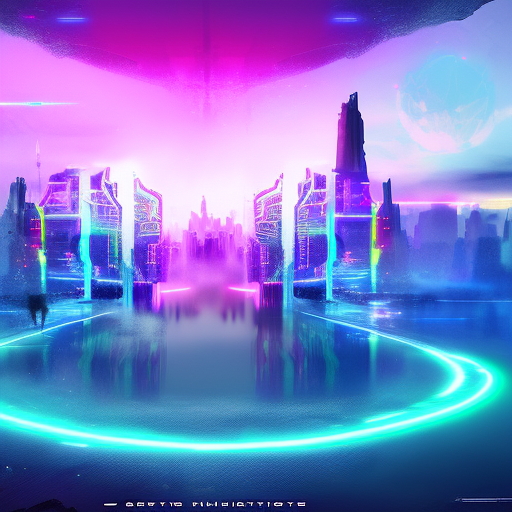One-line Summary:
The Foundation Trilogy is a science fiction epic that explores the rise and fall of civilizations, the power of psychohistory, and the quest for ultimate knowledge in a vast and complex universe.
The Rise of the Foundation:
In the first book of the trilogy, “Foundation,” written by Isaac Asimov, we are introduced to a future universe where the Galactic Empire has been ruling for thousands of years. Hari Seldon, a brilliant mathematician, predicts the imminent collapse of the Empire using a new science called psychohistory. To preserve knowledge and shorten the dark ages that will follow, Seldon establishes two Foundations at opposite ends of the galaxy. The story follows the rise of the Foundation as it faces political intrigue, external threats, and the challenges of building a new civilization.
The protagonist, Salvor Hardin, becomes the mayor of the Foundation’s capital, Terminus, and must navigate the treacherous political landscape to ensure the survival and success of the Foundation. With limited resources and surrounded by hostile neighboring planets, Hardin uses his wit and cunning to outmaneuver his adversaries. As the Foundation grows in power and influence, it becomes clear that Seldon’s plan is not just about preserving knowledge but also about shaping the future of the galaxy.
The Mule’s Reign:
In the second book, “Foundation and Empire,” the Foundation faces its greatest challenge in the form of a mutant called the Mule. The Mule possesses the ability to manipulate emotions and control the minds of others, making him a formidable enemy. With his growing empire, the Mule threatens to disrupt Seldon’s plan and bring chaos to the galaxy.
The story follows the efforts of the Foundation to resist the Mule’s advances and find a way to defeat him. The characters, such as the Foundation’s leaders and scientists, must use their intelligence and resourcefulness to outsmart the Mule and protect the future of the galaxy. As the conflict unfolds, the Foundation’s leaders realize that their only hope lies in finding the Second Foundation, a hidden organization that Seldon established to guide humanity’s destiny.
The Search for Ultimate Knowledge:
The third book, “Second Foundation,” delves deeper into the mysteries of psychohistory and the existence of the Second Foundation. The story follows two parallel narratives: one focusing on the search for the Second Foundation and the other on the efforts of the Second Foundation to manipulate events to ensure the fulfillment of Seldon’s plan.
As the characters uncover the secrets of the Second Foundation, they realize that the fate of the galaxy rests on their ability to understand and control the power of psychohistory. The story explores themes of free will, determinism, and the nature of power. It raises philosophical questions about the limits of knowledge and the role of individuals in shaping history.
Key Takeaways:
- The Foundation Trilogy explores the rise and fall of civilizations and the power of psychohistory.
- It highlights the importance of preserving knowledge and shaping the future.
- The story delves into the complexities of politics, power, and the human condition.
- It raises philosophical questions about determinism, free will, and the nature of knowledge.
- The trilogy showcases Asimov’s masterful storytelling and his ability to create a vast and immersive universe.
“Violence is the last refuge of the incompetent.”
– Isaac Asimov, Foundation
In conclusion, The Foundation Trilogy is a captivating science fiction epic that explores the rise and fall of civilizations, the power of psychohistory, and the quest for ultimate knowledge. Asimov’s masterful storytelling and thought-provoking themes make this trilogy a must-read for fans of the genre.












